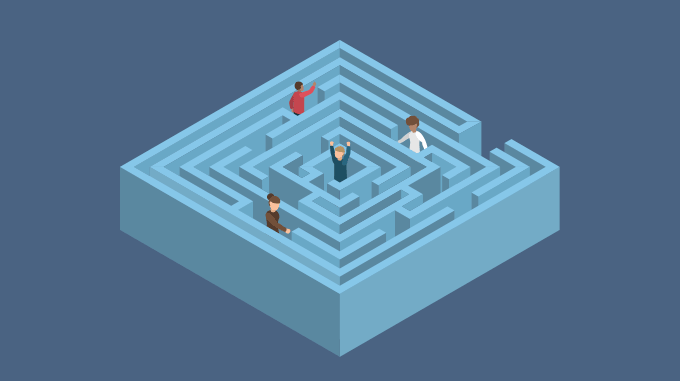
# On making decisions with a team
Decisions fundamentally shape the outcome of a project. Experienced teams have established implicit models to make decisions. Young teams are still figuring those out. For a team to successfully work together they need to be clear on how decisions get made and be able to reflect on decisions made without emotional bias.
# Models for decision-making
Effective teams work towards full participation of each team member. Knowing how a particular decision will be made..
- Builds support for the final decision.
- Enables the team to have more efficient meetings.
- Leads to a collaborative team process.
Common models to make decisions are:
- Command (fastest, notably challenging to enforce compliance)
- Deferred authority (fast, limited understanding can lead to risk)
- Majority rules (middle ground solutions, politics influence the outcome)
- Full consensus (slowest, builds trust, inaction might be seen as agreement)
The authoritive decision models often get used when speed is the most important factor. The participatory decision models come into play when the outcome of the decision depends on the behaviour of people involved. Having buy-in of the affected persons greatly reduces the effort required to enforce the desired behaviour.
# Time has a huge impact on decisions
A thing I like to point out is that not making a decision usually means a decision in it's own. Time will often force you into an option. The interesting question to me is why a decision does not get made. Common reasons include 'politics', 'unclear who makes the call', and my all-time personal favourite 'not enough information'.
Being up-front on a decision-making model solves the first two. A lack of information is a common thing and means:
- Get more information, if time permits such a thing.
- Make the decision based on the (limited) information available.
More often than not, time is limited and you'll have to go for the second option. Teams often fear that route because more information could, perhaps, make the best choice apparent. If you don't have the luxury of gathering more information, keeping a decision log is great - especially if you have to explain things in hindsight.
# Decision log - a great tool for any team
People tend to hold false beliefs about the past. Our memory is fickle at best and our mind is a great storyteller that happily fills in the blanks. Recollections of the past get tainted by current knowledge and feelings. Scientists call this 'the reconstructive nature of memory.' In project teams this leads to bad decisions and disputes.
A decision log is a simple document that keeps track of key decisions within a project. I find it helps prevent the 'blame game' (i.e. during post-mortem) since you record the decision on key items before memory comes into play. It lists:
- Date of entry
- What the choice is about
- Decision made and key reasons for it
- Alternatives considered
- Who was involved
It's important to make this a shared document across the team. That way everyone can enter updates and you're never the single point of failure in capturing this information. I find a Google Spreadsheet to be good for this. Easy and effective.